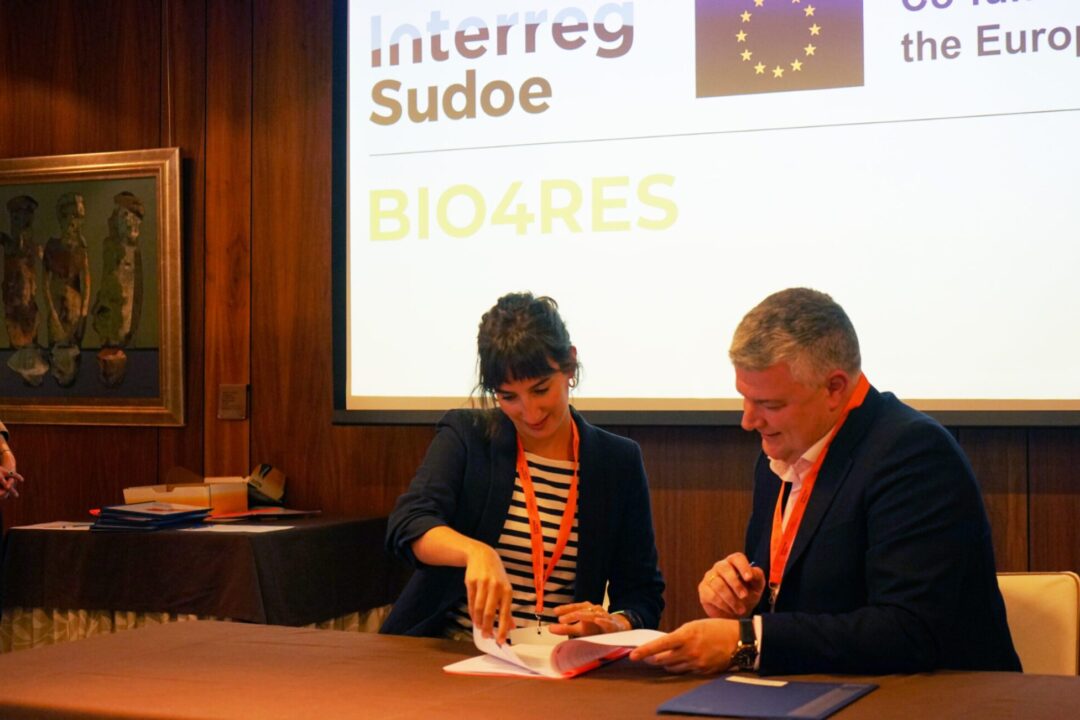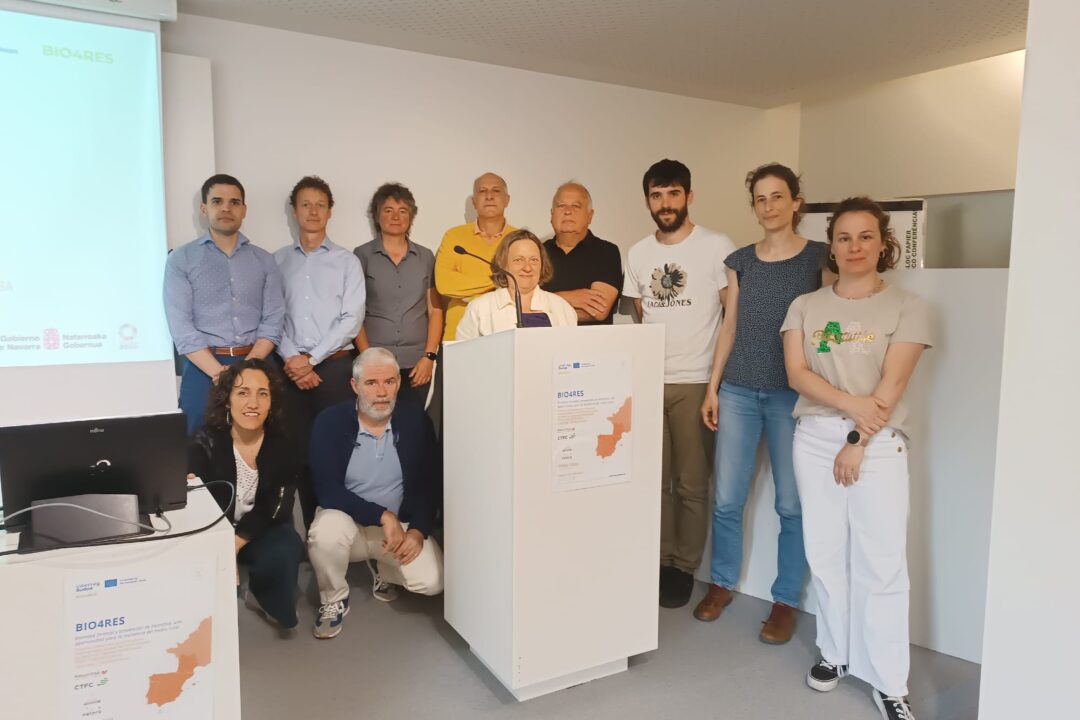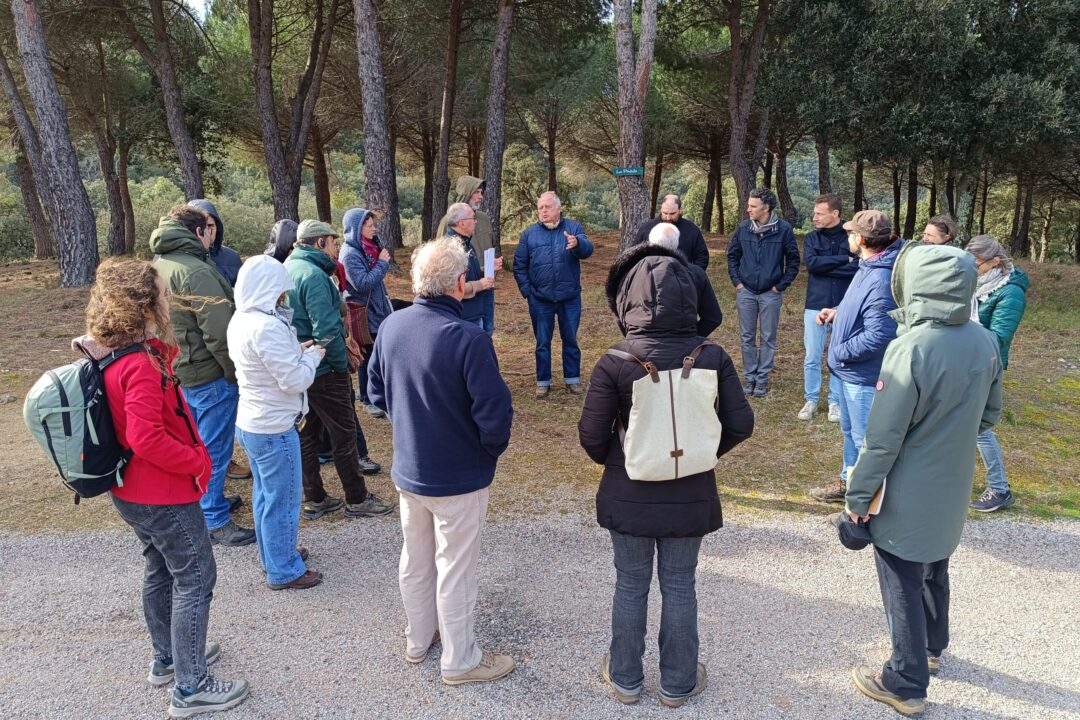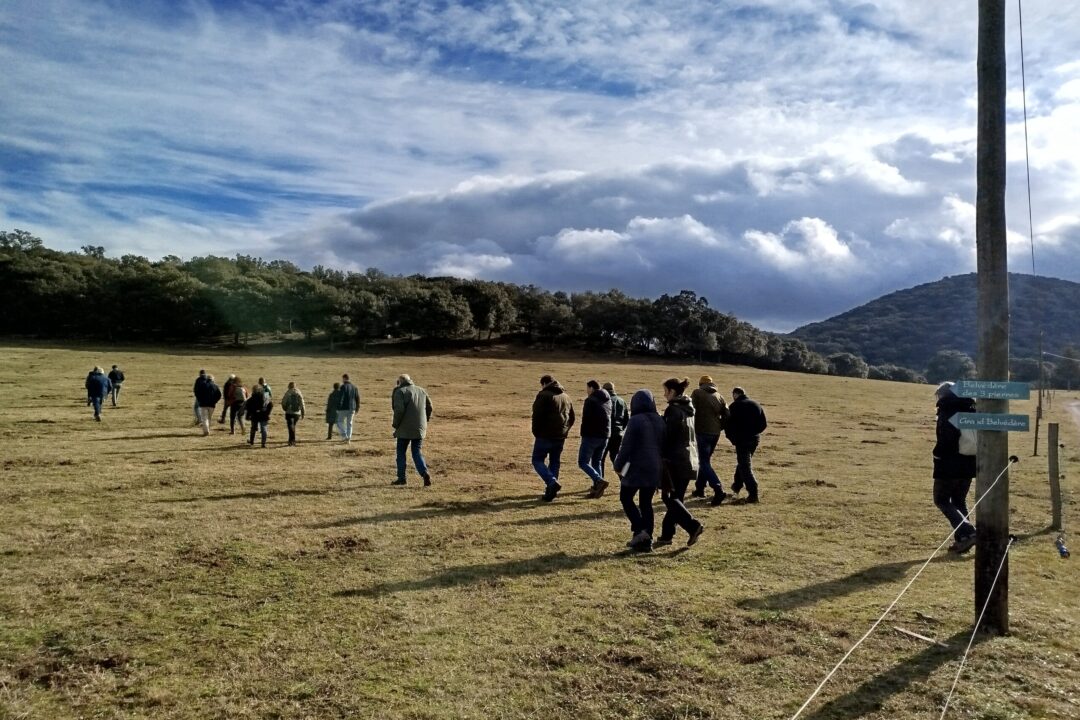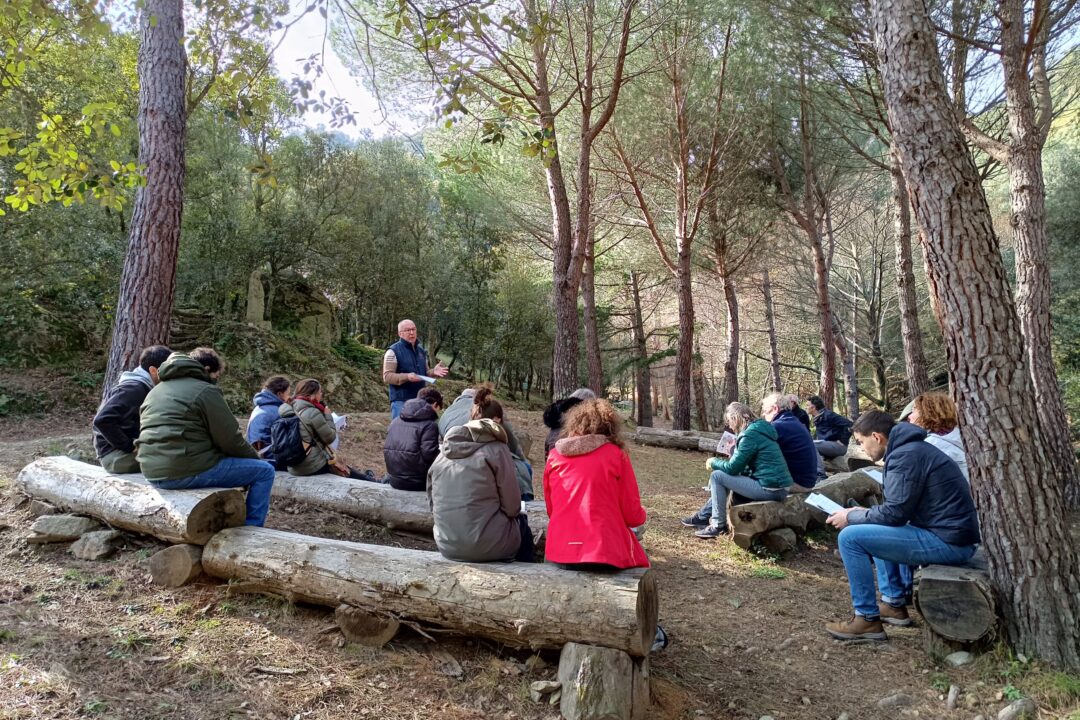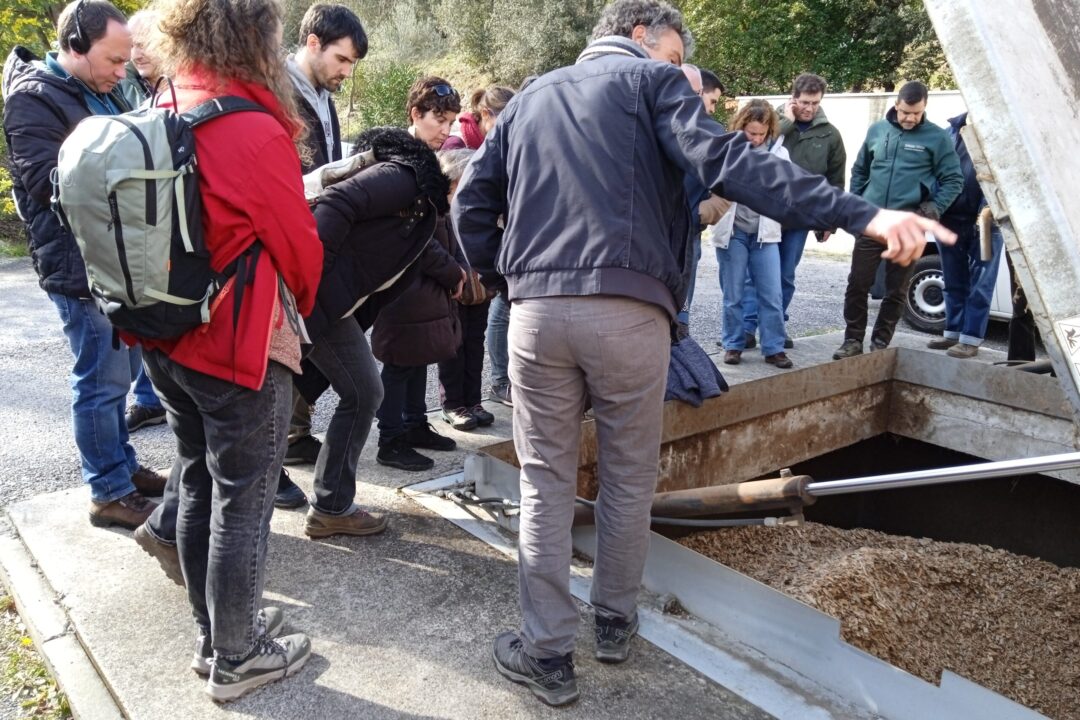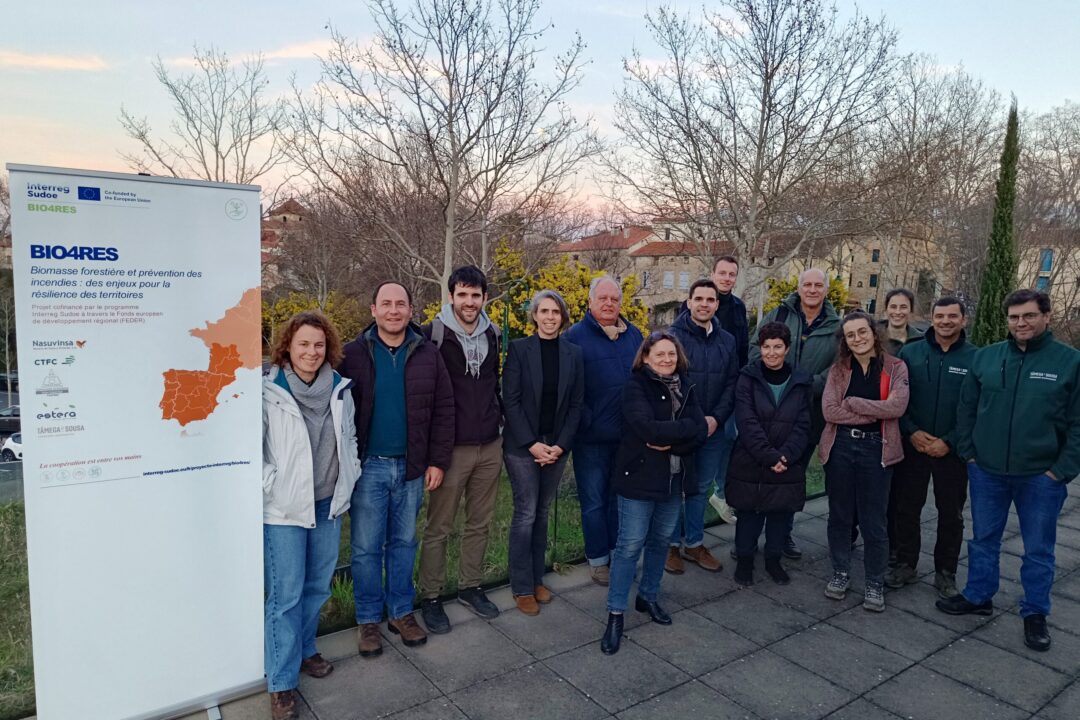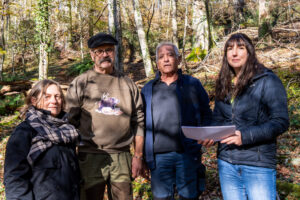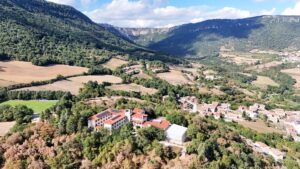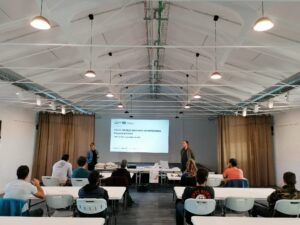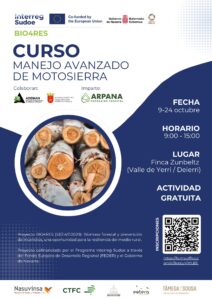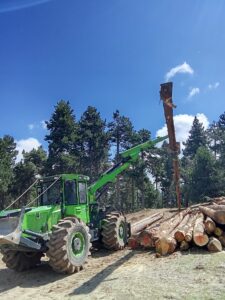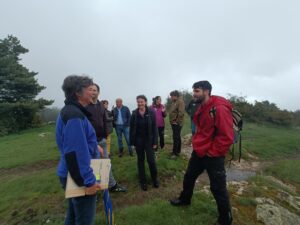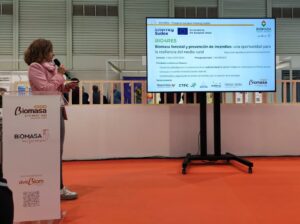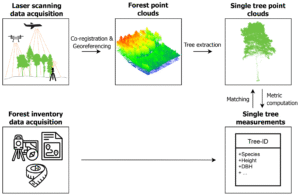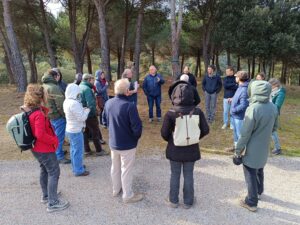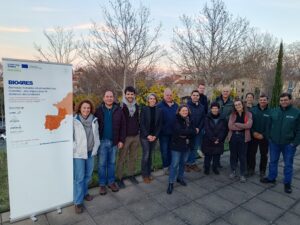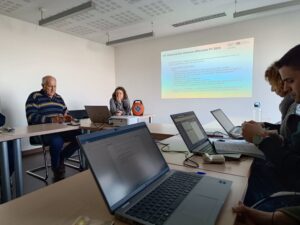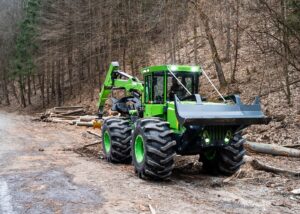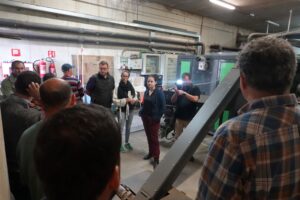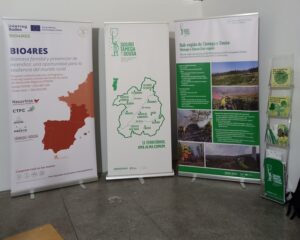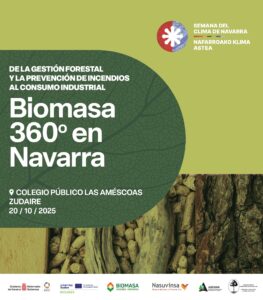The main objective of the BIO4RES project is to improve the prevention and management of fire risk in the forests of the SUDOE area, consolidating the viability of prevention plans through the valorisation of the biomass extracted and helping to develop the resilience of forests without compromising their ecosystem, economic and social services.
The project aims to improve fire prevention and management in forests in the SUDOE region and to promote the sustainable extraction of biomass as a renewable energy resource. This will strengthen the resilience of forests and contribute to the economic and social development of rural areas.
Key challenges include forest fire prevention, biodiversity protection, rural job creation and decarbonisation. The project responds to the lack of resources for the extraction of biomass and its sustainable use in order to reduce risks and boost the local economy.
To this end, exemplary solutions will be implemented, such as a system of biodiversity indicators, new biomass extraction techniques, integrated forest management models and training plans for forestry work. These measures will allow the use of biomass in short circuits and improve the viability of fire prevention plans.
The impact of the project is expected to be the creation of more resilient forests, increased biodiversity protection, employment generation in rural areas and progress towards decarbonisation. These actions will be developed by a transnational and multidisciplinary consortium, benefiting the population in rural areas, as well as forest ownership, local and regional authorities and companies in the biomass value chain in the SUDOE region.


